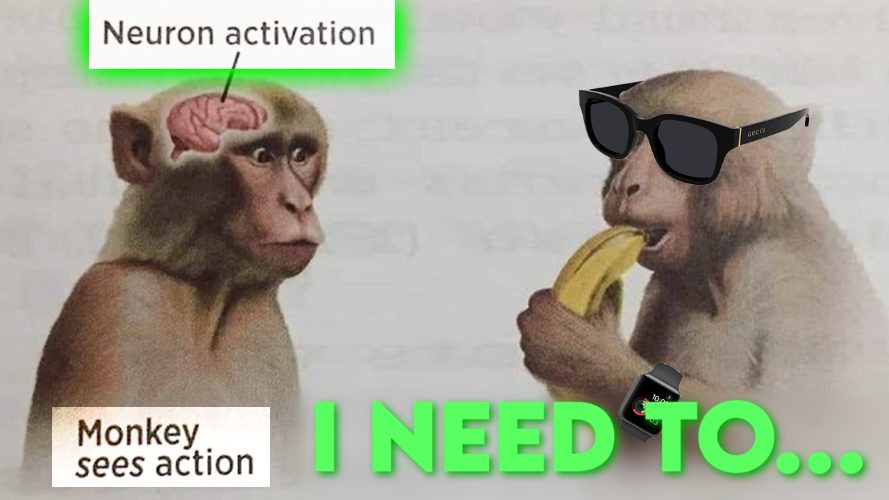Action Breeds Clarity

🌈 Abstract
The article discusses how taking action can bring clarity to one's life and help achieve goals. It outlines four principles of how action breeds clarity: learning by doing, prioritizing just-in-time knowledge over just-in-case knowledge, the importance of doing and reflecting, and building confidence by embracing the unknown.
🙋 Q&A
[01] Learning by Doing
1. How does learning by doing stop overthinking?
- Learning by doing prevents overthinking, as overthinking can lead to "analysis paralysis" and blur one's perspective, creating confusion and stagnating progress.
- Overthinking leads to increased anxiety, dissatisfaction, and paralysis by considering multiple potential outcomes.
2. What is the concept of "the paradox of choice" and how does it relate to overthinking?
- The "paradox of choice" theory, proposed by psychologist Barry Schwartz, suggests that having an abundance of choices can overwhelm individuals and hinder their ability to make effective decisions.
- This concept is related to overthinking, as the many potential choices can lead to increased anxiety and difficulty in taking action.
[02] Just-In-Time Knowledge over Just-In-Case Knowledge
1. What is the difference between "just-in-time knowledge" and "just-in-case knowledge"?
- Just-in-time knowledge refers to acquiring skills and information when they are immediately needed for a specific task, problem, or situation.
- Just-in-case knowledge refers to learning skills and information in preparation for potential future needs.
2. Why is prioritizing just-in-time knowledge important?
- Prioritizing just-in-time knowledge helps avoid accumulating knowledge that is unlikely to be put into practice, which can become more of an entertainment source than a learned skill.
- People who focus on just-in-case knowledge are more prone to procrastination, as they are preoccupied with what could happen rather than taking action.
[03] Do and Reflect
1. How does the "do and reflect" approach contribute to personal growth?
- Doing and reflecting allows for new perspectives on oneself, enabling analysis and improvement of weaknesses.
- Seeing goals through, despite the temptation to quit or give up, builds character and puts one in a position to continually improve.
2. What is the importance of adapting to changing circumstances and building on beneficial routines?
- Adapting to changing circumstances and building on routines that make one better helps prevent complacency, which can drain one's potential and lead to depression and unfulfillment.
[04] Building Confidence & Embracing the Unknown
1. How does embracing the unknown build confidence?
- Navigating uncharted territories, despite the fear and unpleasantness, allows one to confront and overcome challenges, which builds confidence.
- Overcoming the "unknown" and "embracing the suck" helps develop the skills to navigate uncertain situations.
2. How does overthinking create fear and hold one back from achieving potential?
- Overthinking can create worst-case scenarios that fill one with fear, which can hold one back from taking action and achieving one's potential.
- Embracing the unknown and taking the "leap of faith" is necessary to overcome these fears and challenges.